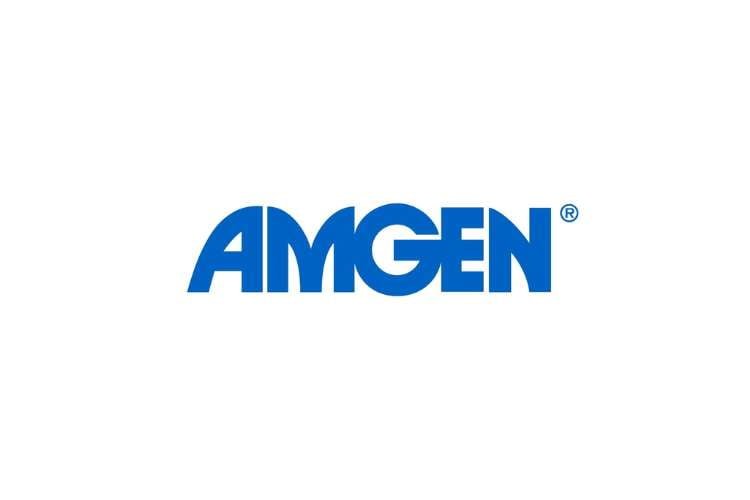After several months of legal battles, Amgen has finally received the green light for its $27.8 billion acquisition of Horizon Therapeutics. The US Federal Trade Commission (FTC) announced on Friday that it had reached a proposed consent order with Amgen to address potential competitive concerns related to the merger. Additionally, attorneys general from six states—California, Illinois, Minnesota, New York, Washington, and Wisconsin—have moved to withdraw their injunction requests.
The FTC had initially filed an antitrust lawsuit against Amgen in May in an effort to block the acquisition. The FTC’s argument centered on the fear that Amgen might exploit its robust product portfolio to solidify the dominant positions of Horizon’s drugs, Tepezza for thyroid eye disease, and Krystexxa for gout treatment.
Related: FTC’s Legal Pas De Deux: A Pause In The Amgen-Horizon Acquisition
Amgen, however, has vehemently asserted its commitment not to engage in such tactics with Horizon’s medications. In a press release issued on Friday, the company reaffirmed its position, stating that it has consistently communicated to the FTC, the courts, and the public that it has no intention or capability to bundle Horizon’s drugs with its own medicines. This assurance, formalized in the consent order with the FTC, is not expected to impact Amgen’s business.
This case had garnered significant attention within the pharmaceutical industry, as it marked the FTC’s first attempt in many years to prevent a major merger between drugmakers. With Amgen now cleared to proceed with its purchase of Horizon, the industry is likely to view this outcome favorably, potentially prompting more consideration of large-scale buyouts by pharmaceutical dealmakers.
Under the terms of the FTC’s proposed order, Amgen is prohibited from bundling any of its products with Tepezza or Krystexxa. This means that Amgen cannot link product rebates or contract terms for its own drugs to the sale or positioning of Horizon’s medications. Furthermore, Amgen is barred from acquiring products or companies involved in the treatment of gout or thyroid eye disease without prior approval from the Commission.
Amgen is also required to submit payer contracts related to Tepezza and Krystexxa and notify the FTC once these drugs receive approval for self-administration, launch in that format, and gain coverage.
Amgen emerged victorious in a bidding war for Horizon in December, outbidding Johnson & Johnson and Sanofi with a nearly $28 billion cash offer. The drugmaker paid a premium of approximately 47.9% over the closing share price of Horizon on November 29, 2022, which was $78.76 per share.
Originally slated to close in the first half of 2023, the deal was put on hold following the FTC’s antitrust lawsuit in May. Amgen agreed not to finalize its Horizon deal while the lawsuit was ongoing.
In response to the FTC’s request for a preliminary injunction last month, Amgen contended that the FTC’s case was disconnected from reality and departed from decades of legal precedent.
Amgen and Horizon now anticipate that their deal will be completed “early” in the fourth quarter.





























